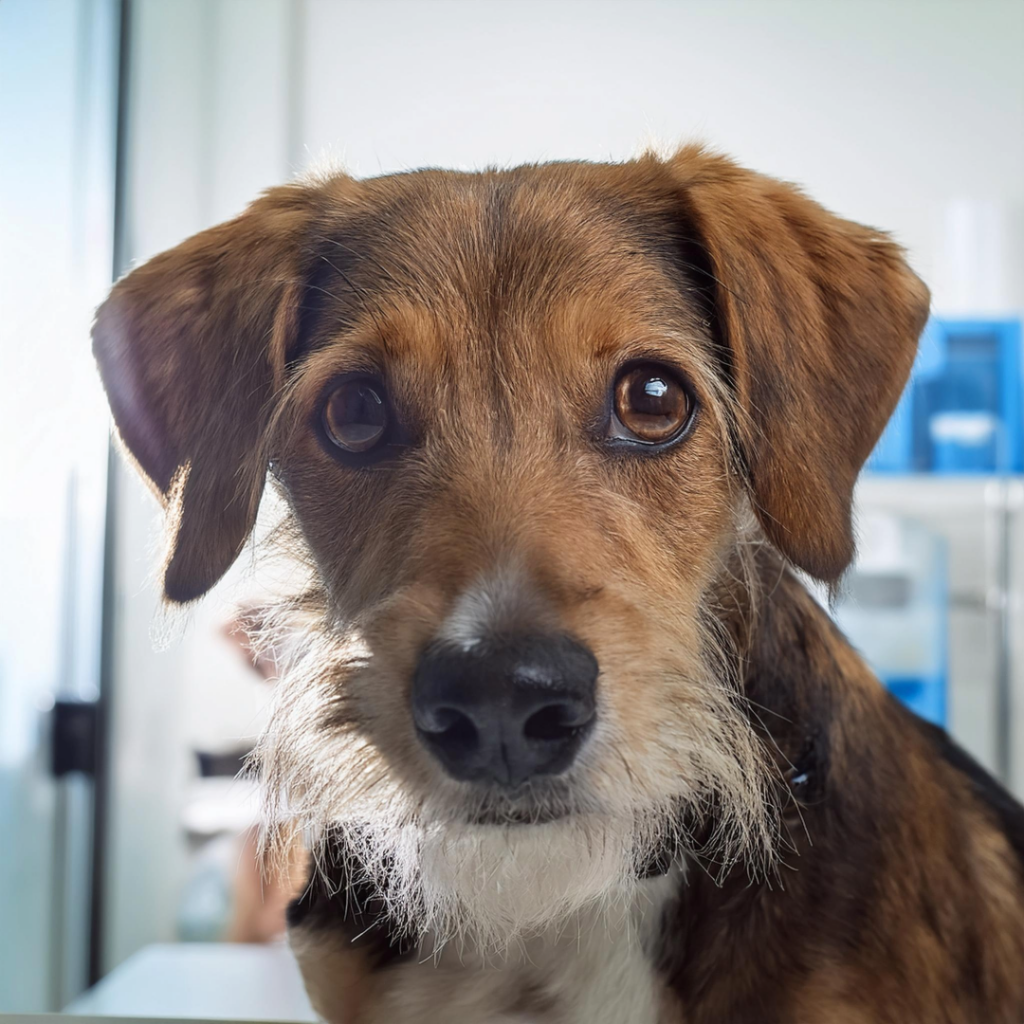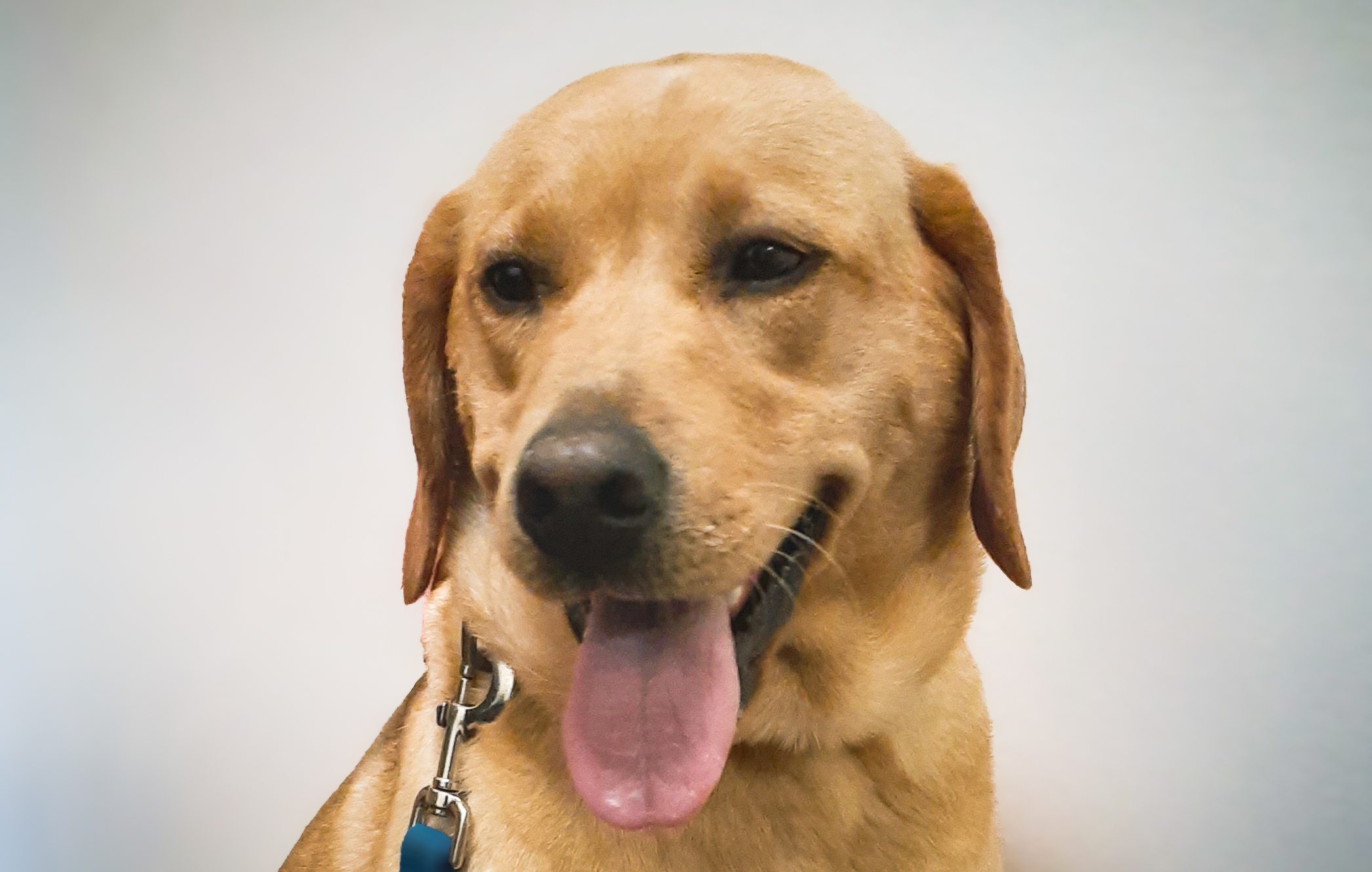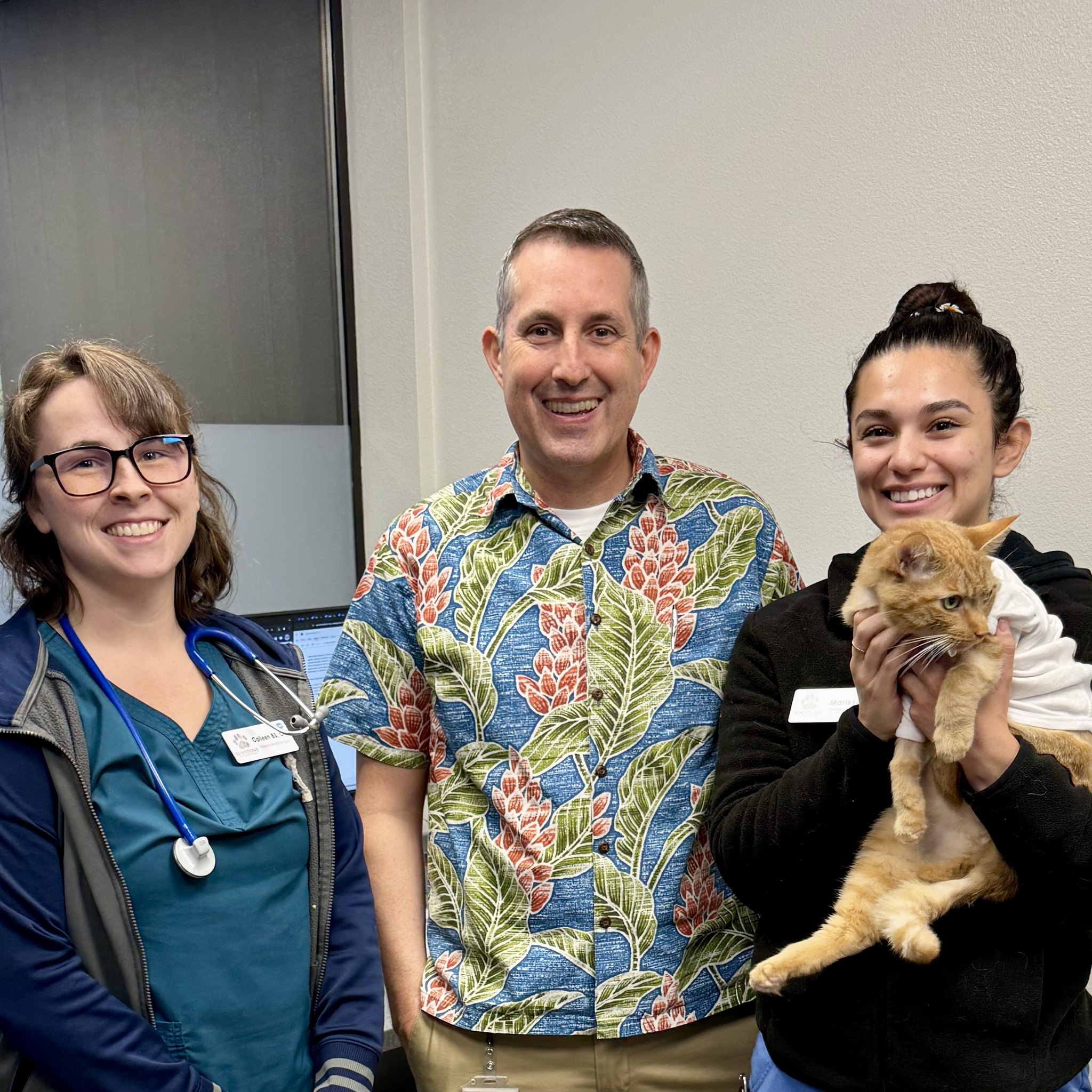At Sunstone Veterinary Specialists, we know how concerning it can be when your pet experiences health issues like diarrhea. As a veterinary internal medicine specialist, I frequently see cases of acute diarrhea in dogs and cats. This guide will help you understand the causes, symptoms, and treatments for acute diarrhea, so you can take the best care of your furry friend.
What is Acute Diarrhea in Pets?
Acute diarrhea is a sudden onset of loose, watery stools that typically lasts less than two weeks. While occasional stomach upset is normal in pets, sudden or severe diarrhea may indicate a serious issue that needs veterinary attention. Recognizing the signs of acute diarrhea and knowing when to seek help is essential to your pet’s health.
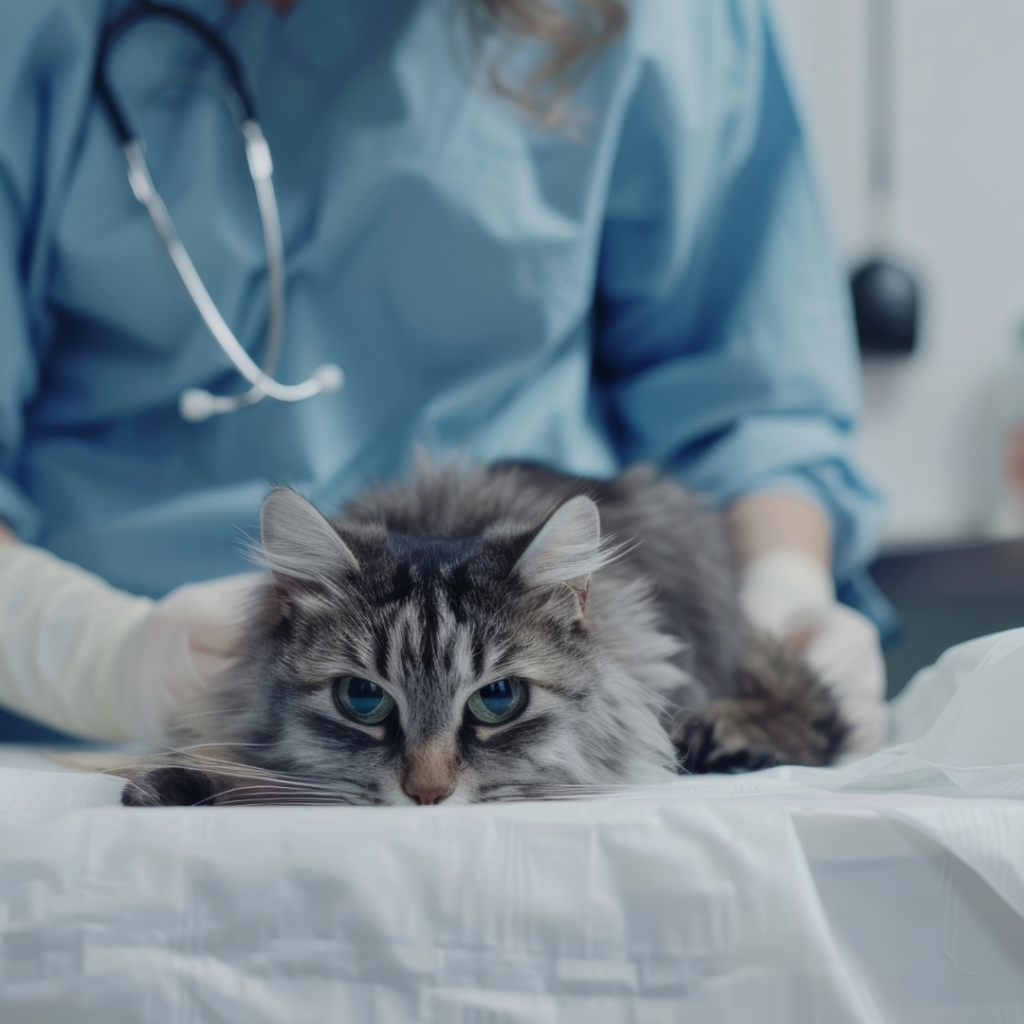
Common Causes of Acute Diarrhea in Pets
There are many reasons why pets experience acute diarrhea. Below are some of the most common causes:
Dietary Indiscretion
Pets, especially dogs, often eat things they shouldn’t—like table scraps, spoiled food, or even trash. This behavior can irritate their stomachs and lead to diarrhea. Sudden changes in diet or new treats can also cause digestive upset.
Infections
Infections caused by bacteria, viruses, or parasites are common triggers of diarrhea in pets. Examples include:
- Bacteria: Salmonella, E. coli
- Viruses: Parvovirus (especially in puppies)
- Parasites: Giardia, roundworms
These infections often come with additional symptoms like vomiting, fatigue, or appetite loss.
Food Allergies or Sensitivities
Certain ingredients, like dairy or specific proteins, can cause inflammation in the digestive tract and lead to diarrhea in pets.
Stress-Related Digestive Issues
Stressful situations—such as moving, traveling, or even visiting the vet—can upset your pet’s digestive system, causing temporary diarrhea.
Toxins and Poisoning
Pets that ingest toxic foods (like chocolate, grapes, or onions) or harmful chemicals may develop diarrhea as a symptom of poisoning. This can be a medical emergency, requiring immediate care.
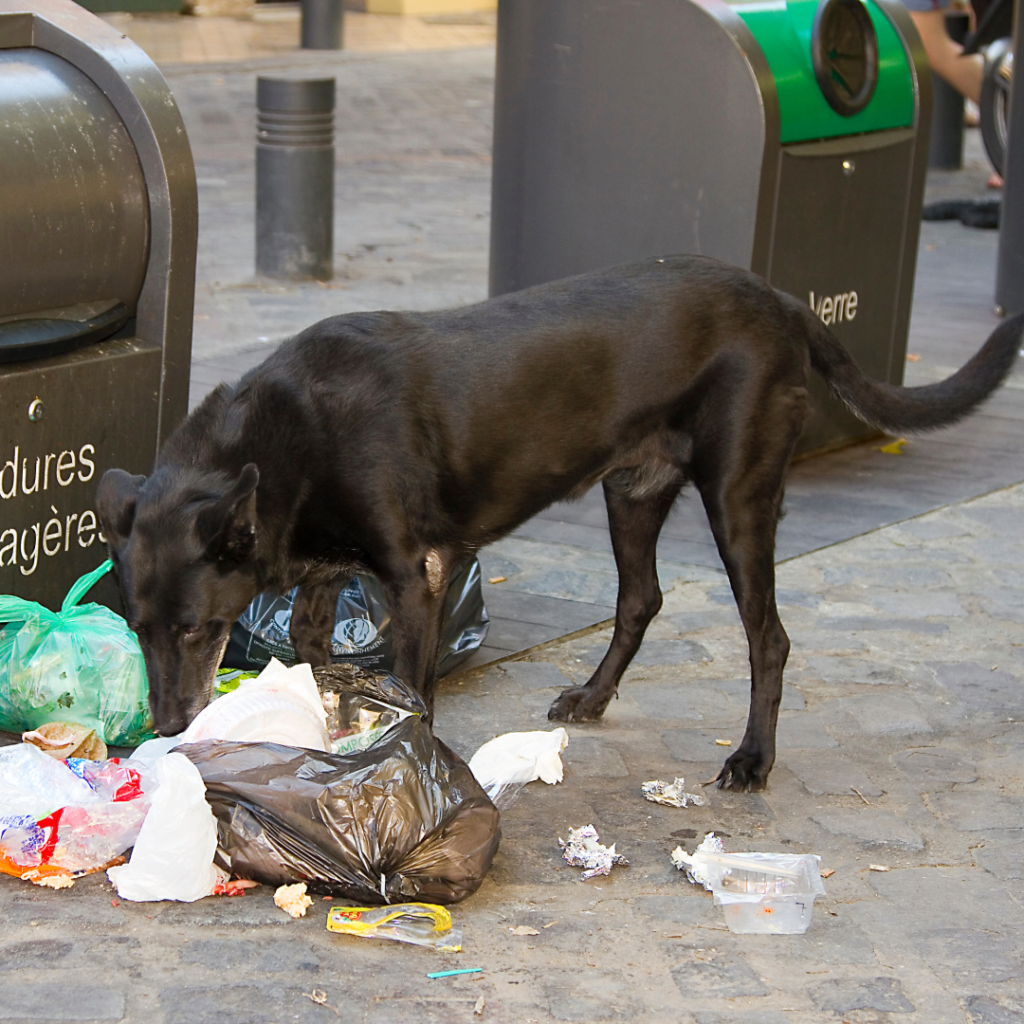
Symptoms of Acute Diarrhea in Pets
The primary symptom of acute diarrhea is loose, watery stools. Other signs to watch for include:
- Vomiting
- Loss of appetite
- Lethargy or fatigue
- Abdominal discomfort (sensitivity when touched)
- Dehydration (dry gums, sunken eyes)
If diarrhea is severe, bloody, or lasts more than 48 hours, contact your veterinarian immediately.
When to Contact Your Veterinarian
Not all cases of diarrhea need professional care, but certain situations require prompt attention. Call Sunstone Veterinary Specialists if your pet shows any of the following:
- Diarrhea lasting more than 48 hours
- Blood in stool or vomit
- Signs of dehydration
- Persistent vomiting alongside diarrhea
- A very young, elderly, or chronically ill pet
- Diarrhea following ingestion of toxic substances
Our veterinary team at SunstoneVets.com is here to help you determine the cause and provide the best treatment options for your pet.
Treatment Options for Acute Diarrhea in Pets
The treatment of acute diarrhea depends on the underlying cause. Common treatments include:
Fasting and Bland Diets
Letting your pet’s stomach rest with a 12- to 24-hour fast can help. After fasting, feed a bland diet such as boiled chicken and rice. Your veterinarian may recommend a prescription diet for added digestive support.
Medications
If an infection or parasite is the cause, your vet may prescribe antibiotics, anti-parasitic treatments, or anti-inflammatory medication.
Hydration Support
Severe diarrhea can lead to dehydration. Your vet may provide oral rehydration solutions or administer intravenous (IV) fluids to restore your pet’s hydration levels.
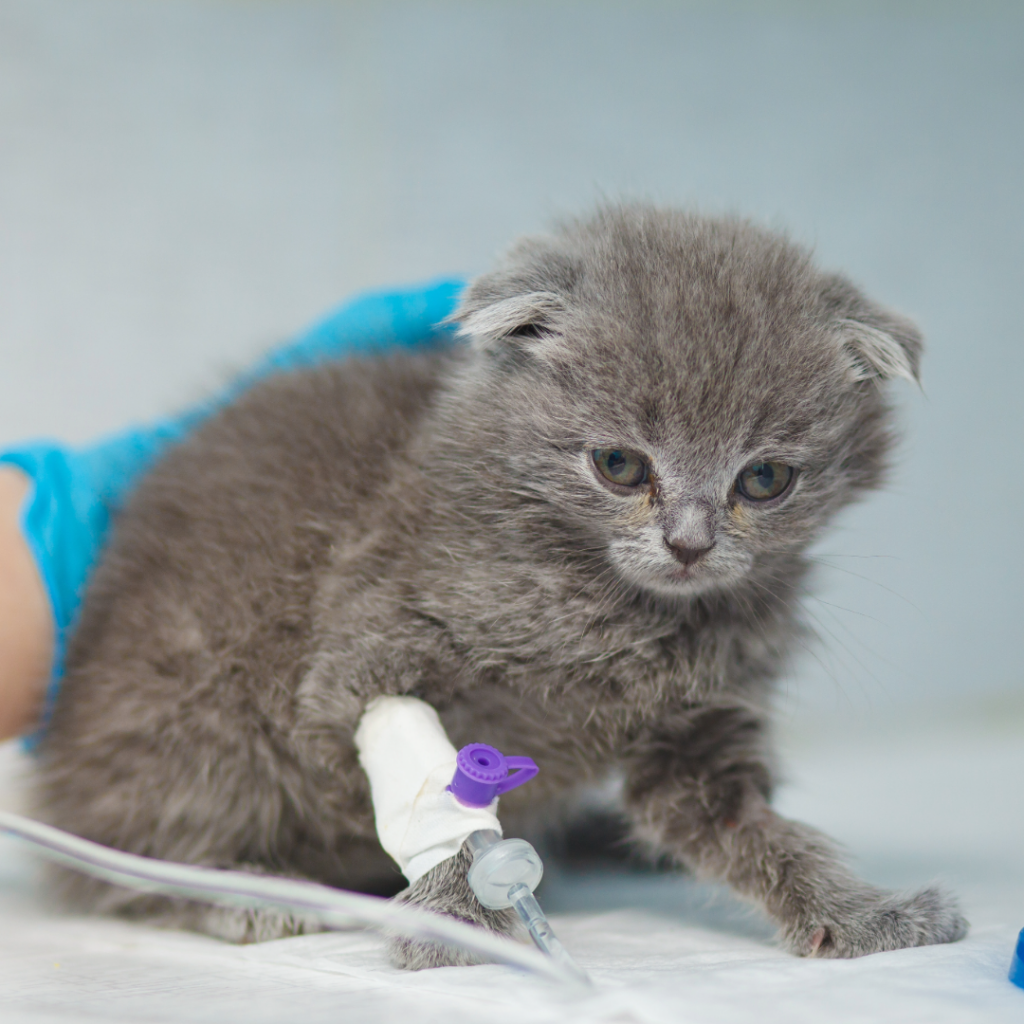
Preventing Acute Diarrhea in Pets
While not all cases are preventable, these tips can help reduce your pet’s risk:
- Maintain a consistent diet and avoid sudden changes.
- Prevent access to trash, spoiled food, and toxic substances.
- Clean food and water bowls regularly.
- Reduce stress by maintaining a stable routine.
- Keep your pet current on vaccinations and parasite prevention.
Why Choose Sunstone Veterinary Specialists?
If your pet is experiencing diarrhea, the expert team at Sunstone Veterinary Specialists is here to help. We specialize in diagnosing and treating digestive problems in pets, ensuring they receive the best care possible. Visit SunstoneVets.com to learn more about our services or to schedule an appointment.
Conclusion
Acute diarrhea in pets is a common issue that can often be resolved with proper care. By understanding the causes, symptoms, and treatment options, you can take steps to help your pet recover quickly.
If your pet is experiencing diarrhea, don’t wait. Contact Sunstone Veterinary Specialists today. Visit SunstoneVets.com or call us to schedule a consultation. Your pet’s health is our top priority.
Understanding Your Pet’s Stool with the Fecal Score Chart
Monitoring your pet’s stool is a key part of understanding their health. Veterinarians often use a fecal score chart to evaluate stool consistency and identify potential issues. If you’re unsure how to interpret your pet’s stool, check out our detailed guide, The Ultimate Guide to Understanding the Purina Fecal Scoring Chart for Pets: How to Use It to Assess Your Pet’s Health, to learn more about what’s normal and when to be concerned.
